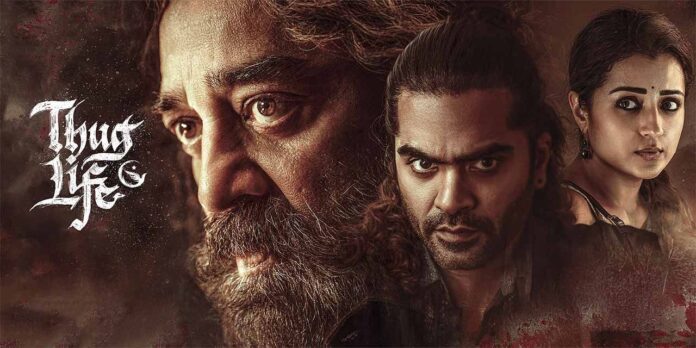The Supreme Court on June 17 asserted that the rule of law, not people’s sentiments, must prevail and a CBFC-cleared film’s screening cannot be stopped because of threat of mob violence. The apex court’s order came in the case of Kamal Haasan’s Thug Life which was banned by the Karnataka government after Kamal failed to apologise for his controversial remark that Kannada was born out of the Tamil language. The Karnataka high court had recently upheld the state government’s ban.
A Supreme Court bench ordered transfer of a petition by Kamal Haasan to the apex court. The actor-producer of the film had moved the Karnataka high court for security to cinemas and release of the film in the state. “As a democratic state, Karnataka cannot allow mobs to jeopardise the rule of law,” said the apex court bench.
Asking the state government to respond by June 19 to a PIL, which will be heard along with the petition transferred from the high court, the bench said, “As protectors of rule of law and fundamental rights, including right to freedom of speech and expression, the Supreme Court and the high courts must ensure that CBFC-cleared films are screened across India.” It added, “Public sentiment does not mean a gun is put to the head of theatre owners to stop screening of the film… After it is up for screening, it is for the public to decide whether to watch it.”
The high court had no business to seek regret or apology from Kamal Haasan, said the SC while referring to the Karnataka high court judge’s order asking Kamal to consider tendering an apology. Justice Manmohan of the SC said, “As a custodian of rule of law, it should have considered the issue whether a CBFC-cleared film be allowed to be released in theatres.”





























